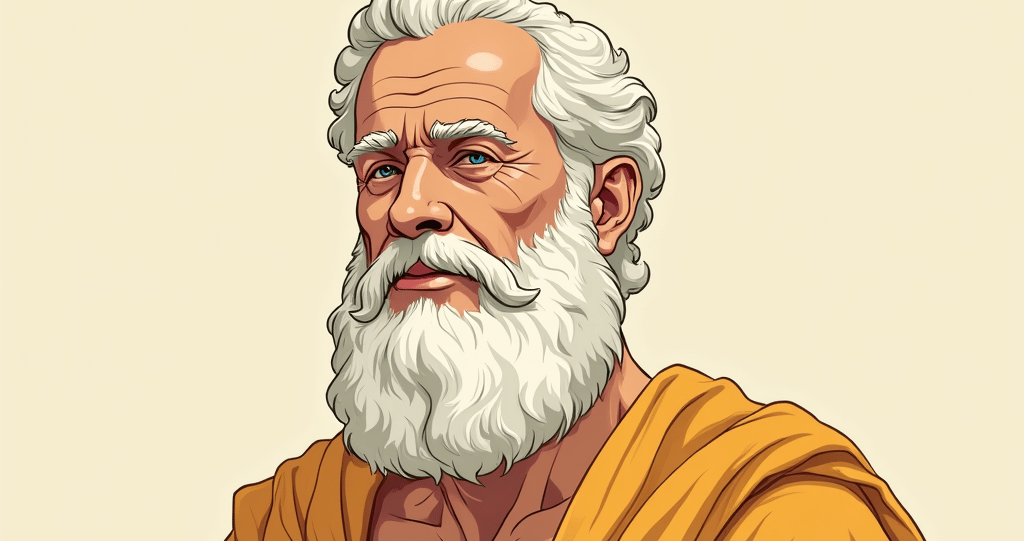Famous People Who Follow Stoicism: Ancient Philosophy in Modern Lives
Stoicism, an ancient Greco-Roman philosophy, has experienced a significant resurgence in recent years. Its principles of self-control, fortitude, and rational thinking have attracted many high-profile individuals from various fields. This article explores some of the most famous people who follow or have been influenced by Stoic philosophy, demonstrating its relevance and appeal in today's world.
STOICISM
8/7/20242 min read
Business Leaders and Entrepreneurs
Tim Ferriss
The author of "The 4-Hour Work Week" and renowned podcast host, Tim Ferriss, is perhaps one of the most vocal proponents of Stoicism in the modern era. He has frequently discussed how Stoic principles have shaped his approach to business and life.
Jack Dorsey
The co-founder and former CEO of Twitter has been known to practice Stoicism. Dorsey has spoken about how Stoic teachings help him manage the stresses of running a major tech company.
Athletes and Sports Figures
Tom Brady
The legendary NFL quarterback has been reported to incorporate Stoic principles into his mental preparation and approach to the game. Brady's focus on controlling only what he can control is a classic Stoic tenet.
Chandra Crawford
This Olympic gold medalist in cross-country skiing has openly discussed how Stoicism has influenced her athletic career and personal life.
Political and Military Leaders
James Mattis
The former U.S. Secretary of Defense and retired Marine Corps General is known for his adherence to Stoic philosophy. Mattis has often quoted Marcus Aurelius and other Stoic thinkers.
Bill Clinton
The former U.S. President has mentioned reading Marcus Aurelius's "Meditations" and finding inspiration in Stoic teachings during challenging times in his presidency.
Actors and Entertainers
Arnold Schwarzenegger
The actor, bodybuilder, and former Governor of California has spoken about the influence of Stoicism on his life and career. He's particularly fond of the works of Marcus Aurelius.
Anna Kendrick
The actress has mentioned her interest in Stoicism in interviews, noting how it helps her maintain perspective in the entertainment industry.
Writers and Intellectuals
Nassim Nicholas Taleb
The author of "The Black Swan" and "Antifragile" frequently references Stoic philosophy in his works and personal practices.
Ryan Holiday
While not as globally famous as some others on this list, Holiday has become a prominent figure in modern Stoicism. His books, including "The Obstacle Is the Way," have introduced many to Stoic principles.
Historical Figures
Theodore Roosevelt
The 26th U.S. President was known to be an avid reader of Stoic texts and incorporated many of their principles into his "strenuous life" philosophy.
George Washington
The first U.S. President was influenced by Stoic thought, particularly evident in his self-discipline and sense of duty.
Why Do Famous People Turn to Stoicism?
Stress Management: Many high-profile individuals find Stoicism helpful in managing the pressures of public life.
Decision Making: Stoic principles can aid in making rational decisions, especially under challenging circumstances.
Resilience: The philosophy's emphasis on enduring hardship can be particularly appealing to those in competitive fields.
Perspective: Stoicism helps maintain a balanced view of success and failure, which can be crucial for those in the public eye.
Conclusion: Stoicism's Enduring Appeal
The diverse list of famous Stoic practitioners demonstrates the philosophy's broad appeal and relevance across various professions and lifestyles. From ancient Roman emperors to modern tech entrepreneurs, Stoicism continues to offer valuable insights for navigating life's challenges.
As more public figures openly discuss their practice of Stoicism, it's likely to attract even more attention and followers. Whether you're dealing with the pressures of fame or simply looking for a practical philosophy to guide your life, the examples set by these famous Stoics offer inspiration and proof of the philosophy's enduring value in our modern world.


Waste no more time arguing about what a good man should be. Be one - Marcus Aurelius
We suffer more often in imagination than in reality - Seneca
Wealth consists not in having great possessions, but in having few wants - Epictetus
